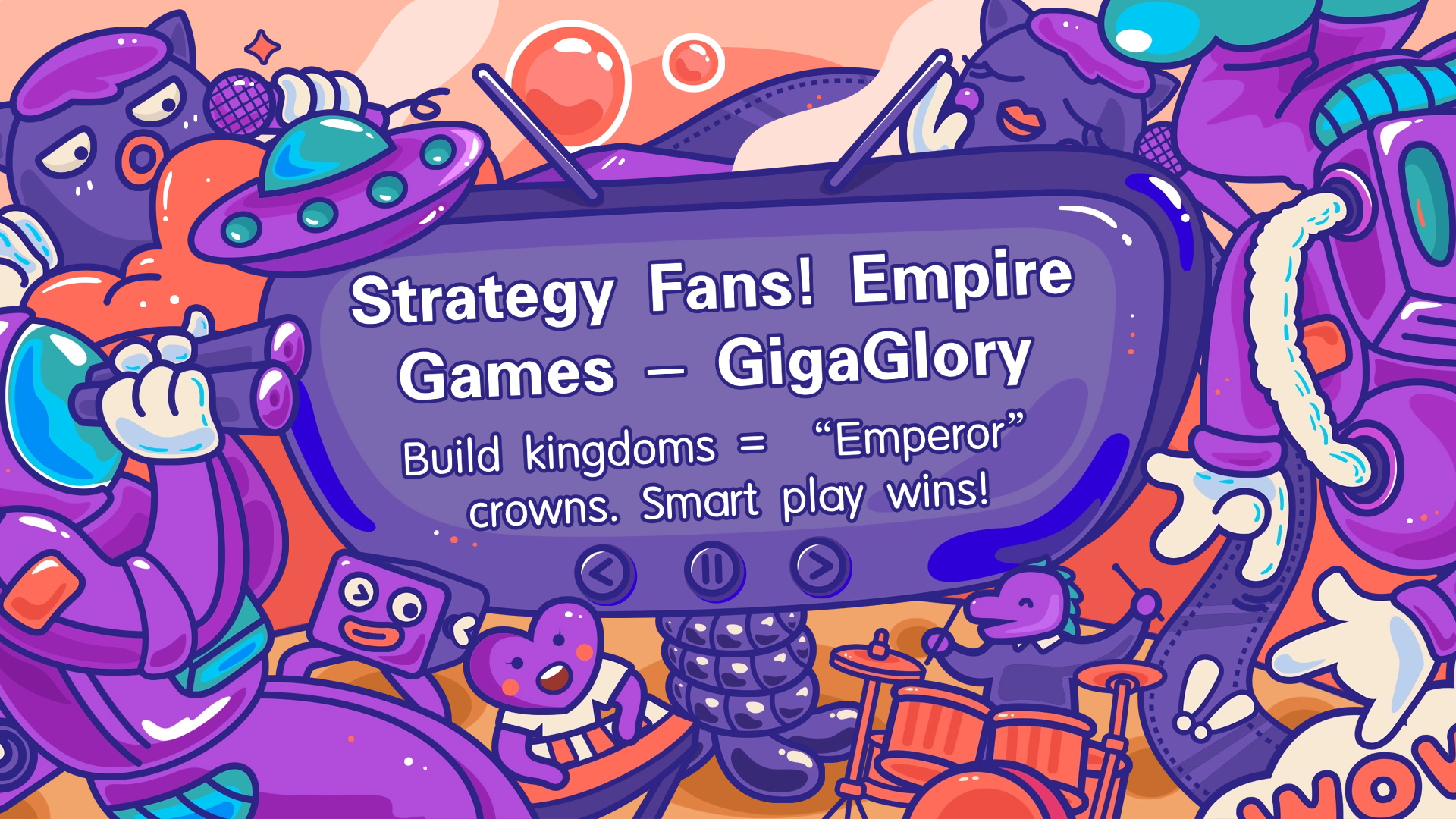The Rise of MMORPGs: How Multiplayer Games are Revolutionizing Online Gaming
In the era of digital technology, the landscape of gaming has undergone a massive transformation, particularly through **MMORPGs** (Massively Multiplayer Online Role-Playing Games). As gaming continues to evolve, **multiplayer games** have become the driving force behind this shift, influencing experiences, social interactions, and economic models. Let’s dive deeper into how these games are not just a pastime but a revolution!
The Social Fabric of MMORPGs
One of the pinnacle aspects of MMORPGs is the social interaction they offer. Players have the chance to join forces with people from around the globe, forming alliances and friendships. This layer of interaction sets them apart from more traditional gaming experiences.
- Shared experiences in team quests
- Formation of guilds
- In-game events that bring the community together
This communal vibe is a primary draw for players. They feel like they are part of something larger than just an individual game. Games like **Clash of Clans**, which has gained tremendous popularity, show how even strategy-based games can spark social interactions, despite them being primarily **rpg dungeon games** at their core.
The Economic Impact of Multiplayer Games
Economic models surrounding multiplayer games have diversified as well. Free-to-download games with in-app purchases are becoming common. The sheer accessibility of games like **Clash of Clans** has allowed players to enjoy their favorite pastimes without upfront costs.
Here’s a brief table summarizing the economic models of different multiplayer games:
| Game Title | Model | Cost of Entry |
|---|---|---|
| Clash of Clans | Freemium | Free |
| World of Warcraft | Subscription-based | Monthly Fee |
| Guild Wars 2 | One-time purchase | Initial Purchase |
With such options available, new players are less hesitant to try out different games, sparking a continuous cycle of engagement and revenue generation for developers.
The future looks bright for MMORPGs. With advancements in technology, players can expect more immersive experiences. Virtual reality (VR) and augmented reality (AR) are on the horizon, promising even deeper interactions and environments, making MMORPGs evolve into something beyond what we know today.
However, as the genre expands, so does competition. Players are faced with numerous choices in the realm of multiplayer games. Developers need to innovate continually to capture the essence of what keeps players coming back. Here are some key factors publishers need to consider:
- **Enhanced graphics** for user engagement
- **Story depth** that keeps the players wanting more
- **Responsive community support** to handle player feedback
Conclusion
MMORPGs and multiplayer games at large are more than just entertainment; they are reshaping how we perceive gaming in our digital world. Their impact is seen in friendships, economies, and technological innovations. As more players dive into these universes, the evolution continues. It's fascinating to witness how **rpg dungeon games** and others have become powerful community builders and economic engines. The rise of **MMORPGs** isn’t just a trend; it’s a testament to the potential of online gaming to connect us in profound ways.



